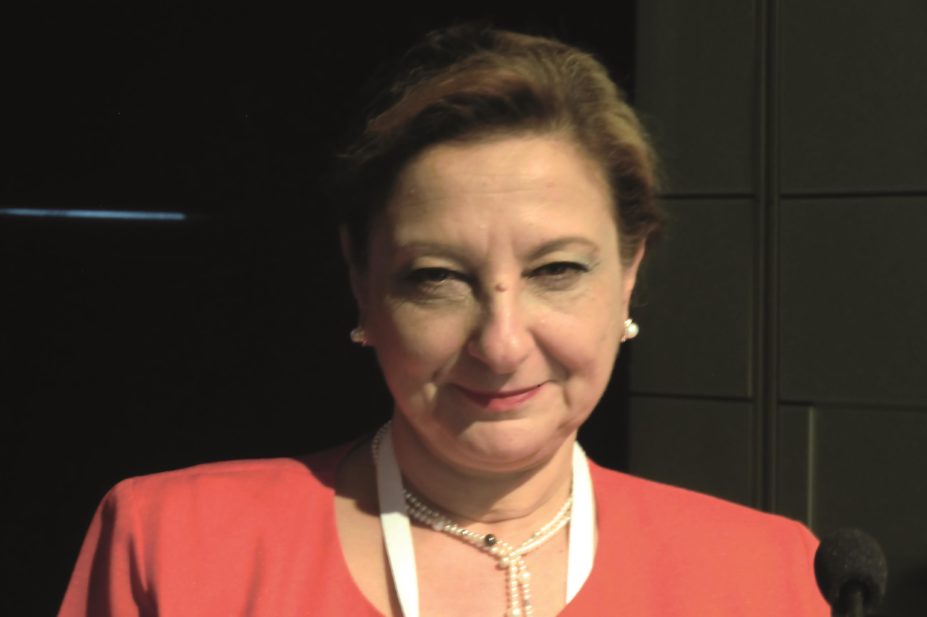
We take it for granted that we have professional identity, but when this is questioned, it stuns us and makes us pause, said Betty Chaar, senior lecturer in pharmacy professionalism at University of Sydney, on 3 September 2014 at the International Pharmaceutical Federation Congress in Bangkok.
Professional identity implies both a cognitive psychological and a sociological perspective that people develop in interaction with other people. It is expressed in one’s perceptions of “who they are” and “who they want to become” as a result of this interaction. Chaar said, through her interaction with pharmacy students, she discovered that many of them are unsure about their professional identity.
For future generations of pharmacists, Chaar said a positive professional self-image is pivotal, but there are challenges. She cited the commoditisation of medicines and failed expectations (e.g. liaising with doctors on medication regimen not happening often in practice) as examples.
Charr conducted a study with the 2012 cohort of fourth-year pharmacy students (n=205) at the University of Sydney, Faculty of Pharmacy, which aimed to explore pharmacy students’ perceptions of image and self-concept in the profession of pharmacy. The students were asked to write a short essay about their sense of professional identity as pharmacists of the future.
She showed attendees the following disillusioned and negative comments:
- “I thought I was going to own my own pharmacy. I now know that isn’t going to happen.”
- “What happened to my dreams? A waste of time and energy.”
- “I hope I get a job in hospital pharmacy, at least that way I’m not stuck in the rut of retail pharmacy.”
She also noted comments from students that suggested there is no moral compass or role model in the profession:
- “Is there anything in the code [of ethics] that inspires me to be a good pharmacist? Not really.”
- “We really need more role modelling and inspiration to be better for the profession.”
Additionally, she gave examples of discontent and a lack of self-esteem:
- “I just need to get into med school.”
- “I wish I had more to look forward to than retail pharmacy.”
- “Not sure where I’m going with this degree of mine.”
- “People look at pharmacists as business people not healthcare professionals.”
A selection of suggestions from the students were presented by Chaar:
- “Pharmacists should practice with higher integrity and responsibility.”
- “We need good role models. Preceptors [preregistration tutors] are the cornerstone of the future of the profession.”
- “Education in pharmacy needs to be more realistic and aspirational. It’s not all about the chemicals and medicines. It’s about our interaction with patients.”
Chaar suggested there are major challenges facing the profession, and young and future pharmacists appear to be affected by these. She noted that there is often a mismatch between what academics teach students and what students experience and learn during their placements. She said this is why the preceptor’s (preregistration tutor’s) role is pivotal.
It is important to note the perceptions of future pharmacists and construct positive interventions to help boost the self-image in pharmacy, Chaar concluded.
